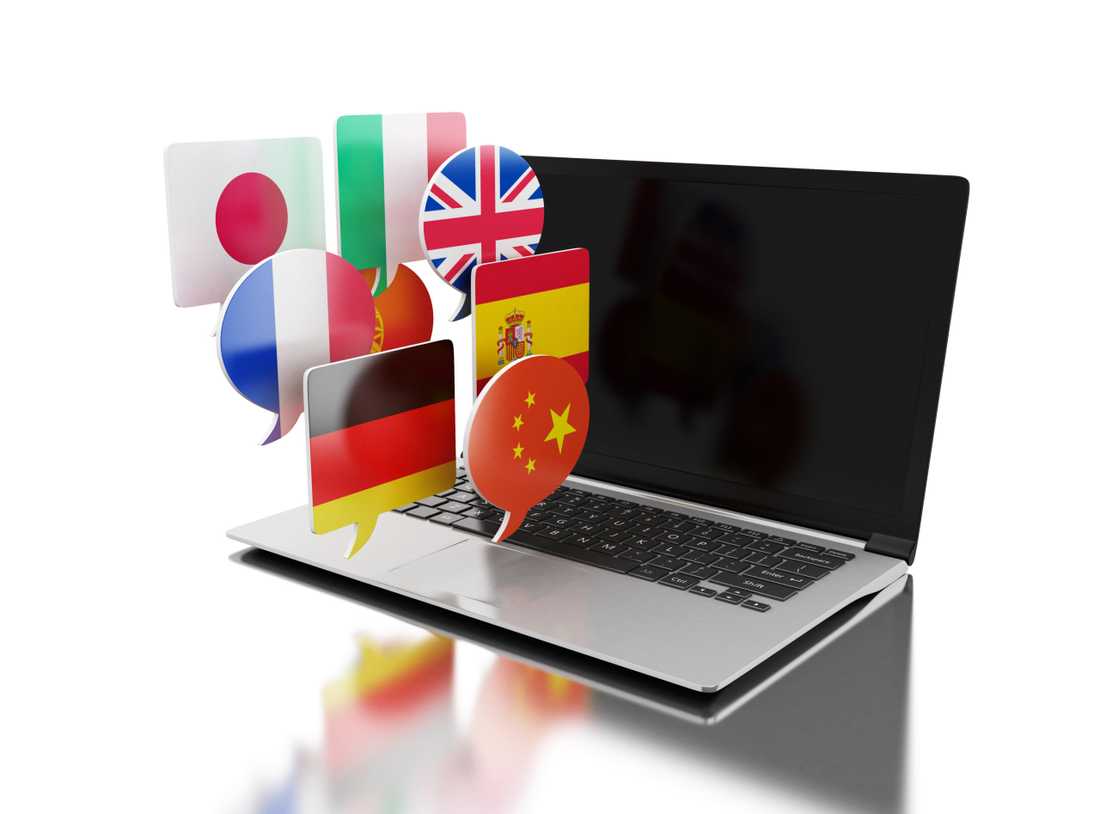Translating Your App for the Chinese Market

Translation from English to the Chinese language is usually the first thing that developers think of to localize their mobile app for China. On the one hand, having a Chinese version of your app is the prerequisite for distributing your app across all Chinese Android app stores. On the other hand, the more local your mobile app feels to users, the more intuitive – and therefore successful – it will be in the Chinese market.
A translated app is important for user acquisition in addition to meeting distribution requirements and improving user experience because all app stores in China, both iOS and Android, require that an app running advertisements have a translated version before opening a UA campaign account. Your app’s default language does not have to be Simplified Chinese, but you must have a Chinese version available in order to run campaigns such as Apple Search Ads.
While tools like Google Translate are helpful for understanding the basics of a text, you should NEVER trust an algorithm to finesse the complexities of a language – especially when it comes to common conventions that have developed over time for mobile apps in China.
Considerations when translating your mobile app to Chinese
- Menu Text Conventions – In the USA, if you’re looking for contact info about a company on a webpage, you’ll search for the “About” link. But what Chinese consumers look for does not translate directly into the Chinese character for “About”. For usability, it’s imperative that you follow the organically-developed language conventions for buttons, menu items, and functions.
- Embedded Images – Some of your images and/or icons may have words, symbols, or even single letters that require translation for a foreign audience. Remember that every culture has its own way of looking at the world.
- Icons – Even symbolic conventions that we accept as natural in the West often need translation and interpretation. For example, Chinese users more commonly look for a heart-shaped icon to access “Favorites” than a star-shaped icon. A standard “shopping cart” icon may be better represented as a basket in some Asian countries.
- Communications – Some short headlines and notices can seem harsh, silly, or just plain weird when literally translated word-by-word. Paying close attention to cultural norms will help avoid offending or confusing users.
- Legal Language – Terms of Service and other common contracts users must agree to should be reviewed by a person familiar with Chinese law. This is critical to protect your rights and avoid misunderstanding.
- Slogans and Ad Campaigns – Creative slogans and phrases often need to be completely reworked for a different language. Even global companies have suffered through embarrassing mistakes. KFC’s “Finger-Lickin’ Good” was originally translated to “Licking fingers is good” in Chinese. HSBC Bank’s slogan “Assume Nothing” became “Do Nothing.”
- Chengyu – Mandarin is a language chock-full of 4-character idioms known as chengyu, which are deeply rooted in historical facts, myths, and stories of Chinese culture. A knowledgable translator can incorporate these into your text when appropriate to make it more concise and native, to improve user acceptance and familiarity.
In the end, it’s always best to spend the extra time and money to hire a knowledgeable native expert to analyze your translation for simple mistakes and faux pas’s.
Translation of your app is essential for distribution in the Chinese market, but you will also need to deal with other localization issues including:
1) Hosting your website in China to ensure legal compliance and good user experience
2) Finding alternatives for your Google-based integrations that are blocked in China
3) Conducting comprehensive testing to find China-specific bugs and identify opportunities for UI/UX changes
4) Consulting with a legal expert to ensure that your operations in China fully comply with Chinese law
The AppInChina Advantage
AppInChina provides translation and other vital localization services to all our clients as part of our comprehensive publication and distribution package. From distribution to monetization to user acquisition, our international, English-speaking team is ready to help your app succeed in the Chinese market. Click here for a no-pressure consultation.